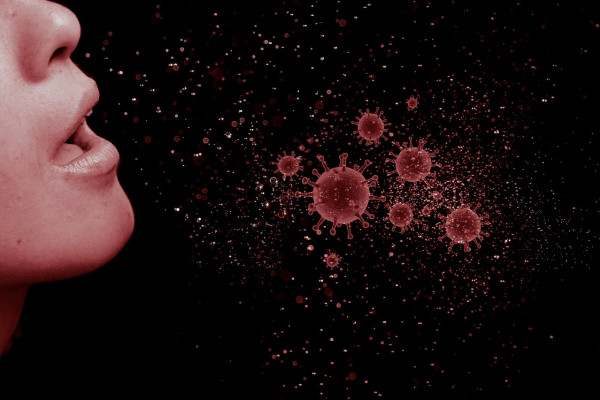We speak to experts on learning from the past to fight diseases of the future...
Science Podcasts
All of our free science podcasts and science radio shows on science, technology, medicine and engineering in one place...
Featured
Certain levels of deforestation boosts the population of a disease-causing species.
In a bumper end of year special, Space Boffins features Buzz Aldrin, last man on the...
2D materials, like Graphene, now have a new way of being produced.
How frontline scientists are combating the grim prospect of antibiotic resistance...
Water is hydrogen and oxygen, both of which are used in combustion...
Why can't I eat fruit? How does marijuana affect your brain? How does pepper spray work?
Life here on Earth uses DNA. But why, and would aliens be made of the same stuff?
Why is it when we break a magnet in half, we get two new magnets?
If life is common in the universe, where is it? Graihagh Jackson tackles Fermi's paradox.
How did speech evolve and do anti-ageing creams really work?
Driverless cars, self-tracking trousers and "super" GPS: what's next for navigation?
Could the universe be more than a coincidence and what's causing a burning skin sensation?
People bullied in childhood have an increased risk of being overweight at age 18
The genetic mutations which allow Malaria to avoid drug treatment have been found.
Could I survive being eaten by a snake? Why do ants steal my toenail clippings?
First heartbeats, African sleeping sickness, elephant genetics and rubber hand illusions
How did a boy from Lincolnshire end up as a NASA astronaut?
Space Boffins' Sue Nelson was at ESA mission control recently when the ExoMars...
This month we're delving into the junk in the genome, properly called non- coding DNA.
How can we harness quantum physics to build new technologies?
Is the Earth flat, do microwaves kill nutrients, why do eggs have whites and yolks?
A new way of bioengineering plants could provide us with super cheap chemical sensors.
Our Moon formed as the result of a massive collision and a fast spinning early Earth
Half of the Arctic sea ice area has been lost in the past 40 years - when will it be gone?
